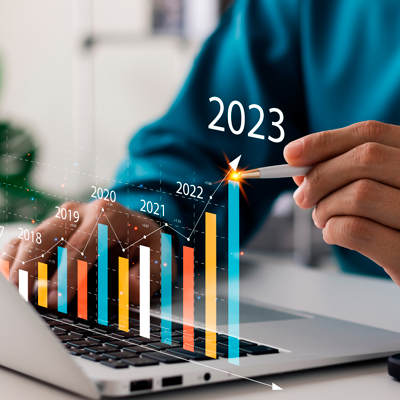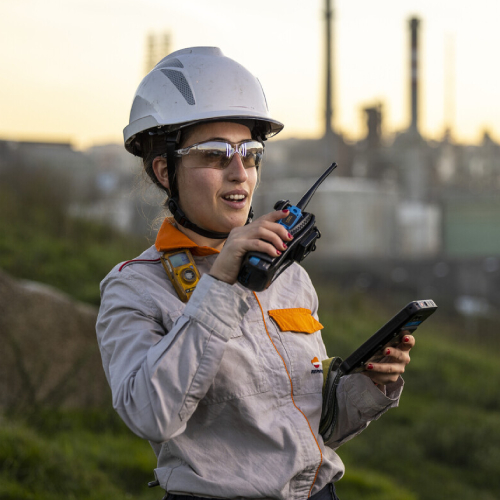Advantages of digitalizing a company
Advantages of digitalizing a company
The digitalization of businesses offers numerous advantages, including:

Cost reduction
Cost reduction
Leveraging digital media enables cost reduction by automating processes, optimizing resources, and improving cost management.

Productivity improvement
Productivity improvement
Workers of a digitalized company have access to tools that facilitate work and improve their efficiency and productivity. Automating tasks also allows them to dedicate time to activities that are of greater value to them.

Time reduction
Time reduction
The digital transformation allows you to automate tasks, access data in real time, and work remotely, among other advantages, which significantly reduces execution times and contributes to greater efficiency.

Fluidity in communication
Fluidity in communication
New digital communication tools allow you to establish closer and more personal connections, which increases the number of sales channels and improves customer loyalty.

Improvement of user experience
Improvement of user experience
The digitalization of companies allows customers to access products, services, and information at any time and from any place, which improves the user experience.



